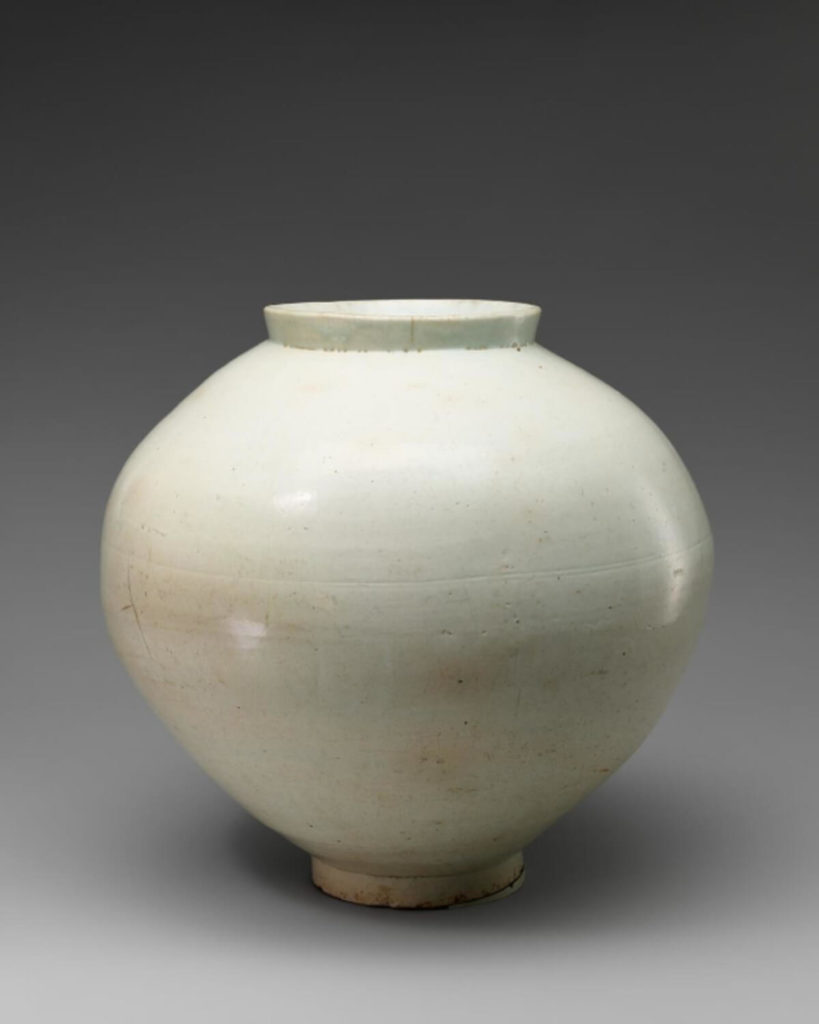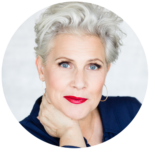This fall I wrote an essay about economic security, about my Dad, about the pandemic. It’s a bit long for a blog post, so here are a few excerpts.
My father’s father lost his father in the influenza epidemic in 1920. At age ten, Grandpa became the man of a family saddled with farm debt. He had to help support his sister and his mother, who had lost seven children as babies before she lost her husband too. And then, just when Grandpa was starting his adult life, he faced the Great Depression.
Grandpa knew exactly who the universe was, and he trained his only son well. My dad, with a combination of ingenuity and terror, built a solid law practice that kept his family well away from the maw of a hostile universe, but he always felt its breath on the back of his neck.
*
To be human is to face Abraham Maslow’s Hierarchy of Needs and try to scale that pyramid. There must be some people who scale the levels with buoyant confidence. Level one: food and shelter, check. Level two: security and safety, check. These things are givens! Level three: belonging and love? Obviously! Level four: prestige and accomplishment? Of course! Level five: achieving full creative and spiritual potential? Absolutely!
Many more people scale it with fear – because one false toehold might mean falling to doom, losing even the safety of a place to sleep. Some are forced to climb it with a gritty vigilance, ready to fight territorial saboteurs who knock aspirants down before they can attain the cherished levels of prestige and creative fulfillment.
Dad, doggedly persistent in his climb, scaled Maslow’s pyramid not just for himself, but for his wife and for each of his six children. Yoked to his role as provider, he could not rest unless each of us was thriving.
The man who taught me to tie my shoelaces and how to hold a pencil would choke up when he’d call on my birthday. He’d say, “I remember when I first saw you, in the hospital nursery. Your little hand was stuck in your sleeve. I could see your frustration – you didn’t know how to free yourself. I wanted so badly to fix it for you, but I could only watch from the other side of the glass.”
*
On the first day of October 2020, more than three years after Dad died, the skies, a hazy grayish yellow that only fire creates, cast a pall over masked people walking past boarded-up storefronts. The air quality in San Francisco today is “unhealthy for certain groups.” Toxic molecules slide into my nostrils, reminding me of the people who’ve lost loved ones and homes in the wildfires, floods, tornadoes and hurricanes this year and, of course, to Covid-19.
During the pandemic, I’ve been one of the lucky ones. My level one is solid: I still have a rent-controlled apartment, a business that has stayed afloat, a freezer full of food. I know I should feel safer than I do in this terrifying new world.
To be human is to fall. We learn to stand and begin again when we are trampled by loss, reversal, grief, uncertainty. And yet, in 2020, the delicate lattices of so many people’s safety nets have been torn apart, leaving them no capacity to stand on their own. According to Feeding America, more than 54 million people may experience food insecurity this year, struggling daily to regain a foothold on the first level of Maslow’s pyramid.
I’m in my car, on my way through our particular California hellscape toward an oasis. After seven months, the museums in San Francisco are open. Once inside the Asian Art Museum, my hungry eyes are nourished, my tired soul soothed. A porcelain Korean Moon Jar, made between 1650 – 1750, answers Einstein’s question with its luminous, simple perfection.
Is this a friendly or a hostile universe? I must disagree with my grandfather. The generosity and inspiration of artists through the centuries stand as evidence of a friendly universe. Beauty and the people who make it are all I need to be convinced.
I am moved to tears when I thank the Asian Art Museum staff for making my visit to this lovingly created corner of the universe possible. Then I walk across the street to the garage, get in my car and drive home, coughing from the smoke and feeling full of hope.

 Lisa Poulson is a voice in favor of the complex beauty of female power, the descendant of fiercely resilient Mormon pioneers and a woman who survived the death of her fiancé four months before their wedding. Lisa lives in San Francisco, where she spends her time absorbing and creating as much beauty as possible.
Lisa Poulson is a voice in favor of the complex beauty of female power, the descendant of fiercely resilient Mormon pioneers and a woman who survived the death of her fiancé four months before their wedding. Lisa lives in San Francisco, where she spends her time absorbing and creating as much beauty as possible.